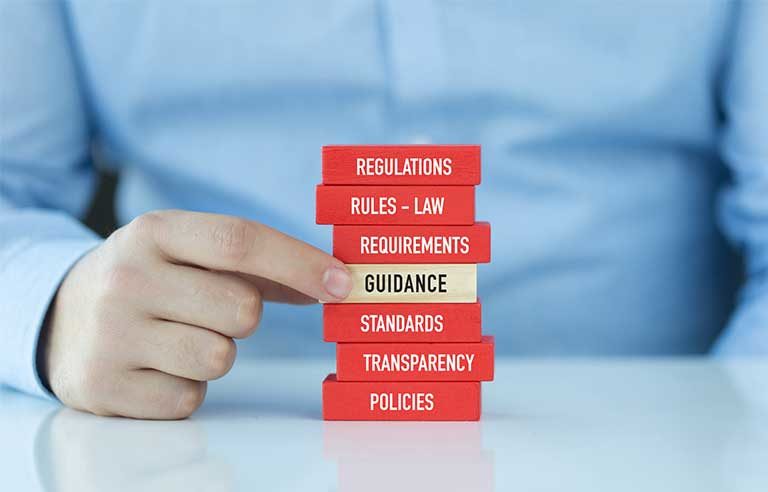‘Lawfully and appropriately’: DOL revising procedures and policies for issuing guidance

Washington — The Department of Labor is establishing new requirements and policies for its guidance documents.
According to a final rule published in the Aug. 28 Federal Register and scheduled to go into effect Sept. 28, changes include notice-and-comment procedures for “significant” guidance documents, which also must undergo a review from the White House Office of Information and Regulatory Affairs. “Significant” guidance documents are those with an expected economic impact of $100 million or more.
The rule requires any guidance documents to be published on dol.gov/guidance to remain in effect. Additionally, agencies can’t use noncompliance with a guidance document as a reason for issuing violations. The public can petition an agency to withdraw or change a guidance document(s).
Guidance documents also must include a disclaimer, which typically will read as follows: “This document does not have the force and effect of law and is not meant to bind the public in any way. This document is intended only to provide clarity to the public regarding existing requirements under the law or agency policies.”
The rule also requires DOL to provide an updated, quarterly list of guidance documents issued, changed or withdrawn.
DOL states in an accompanying fact sheet that it has rescinded nearly 3,200 of approximately 11,700 guidance documents.
The rule stems from Executive Order 13891, signed by President Donald Trump on Oct. 9. Additionally, a March 2019 audit report from the DOL Office of the Inspector General notes that OSHA hadn’t established adequate procedures for issuing guidance documents and, many times, didn’t follow its own procedures.
“This rule will help the department use guidance lawfully and appropriately, and it gives Americans fairer notice of and improved access to guidance,” DOL states in the rule.
Post a comment to this article
Safety+Health welcomes comments that promote respectful dialogue. Please stay on topic. Comments that contain personal attacks, profanity or abusive language – or those aggressively promoting products or services – will be removed. We reserve the right to determine which comments violate our comment policy. (Anonymous comments are welcome; merely skip the “name” field in the comment box. An email address is required but will not be included with your comment.)

